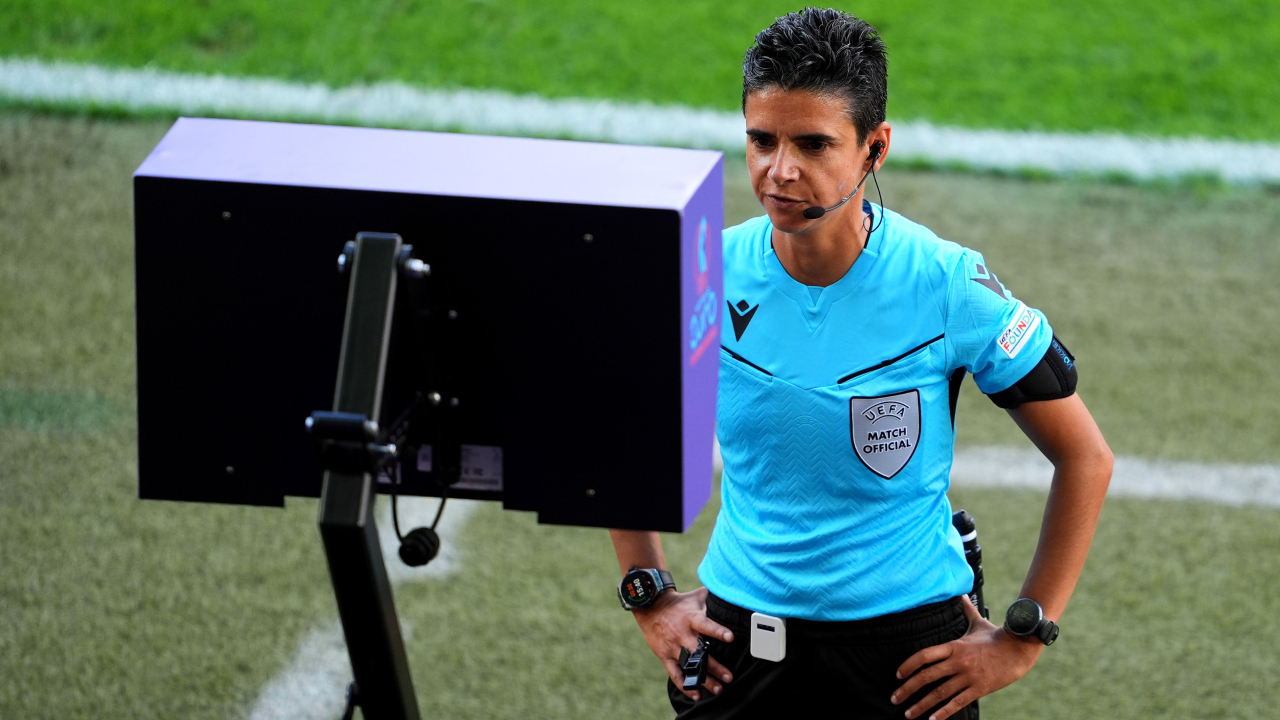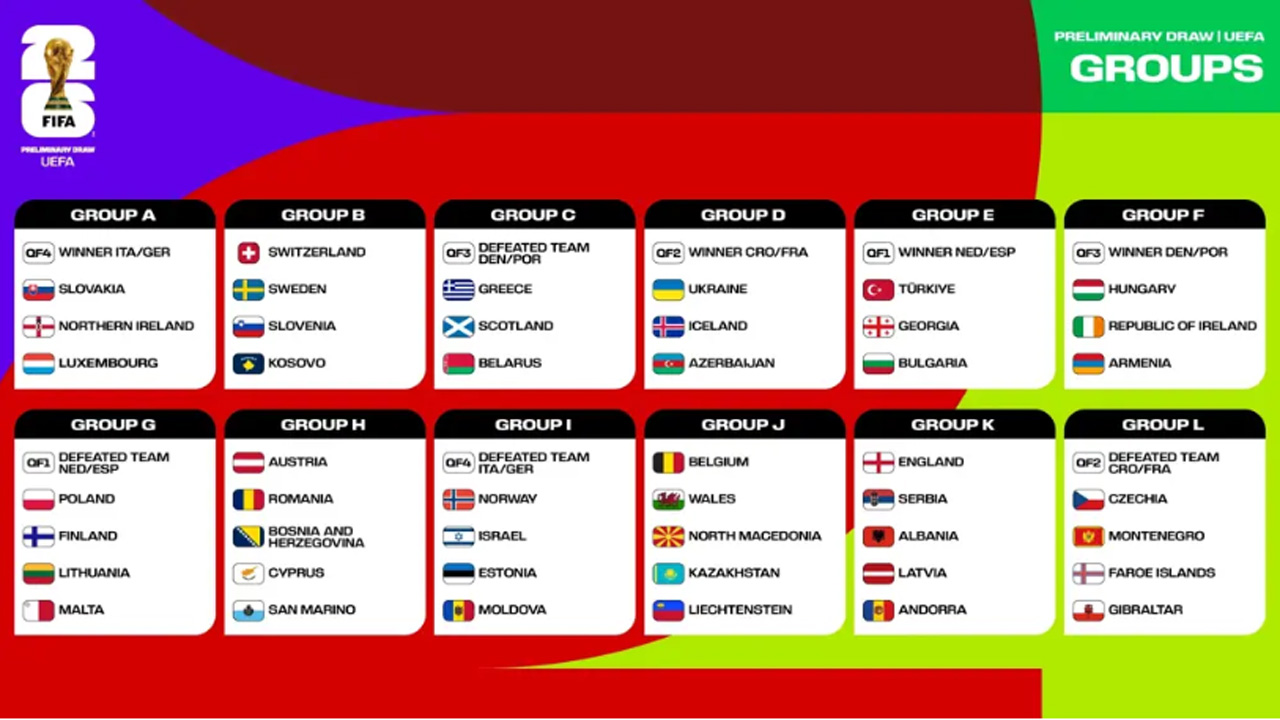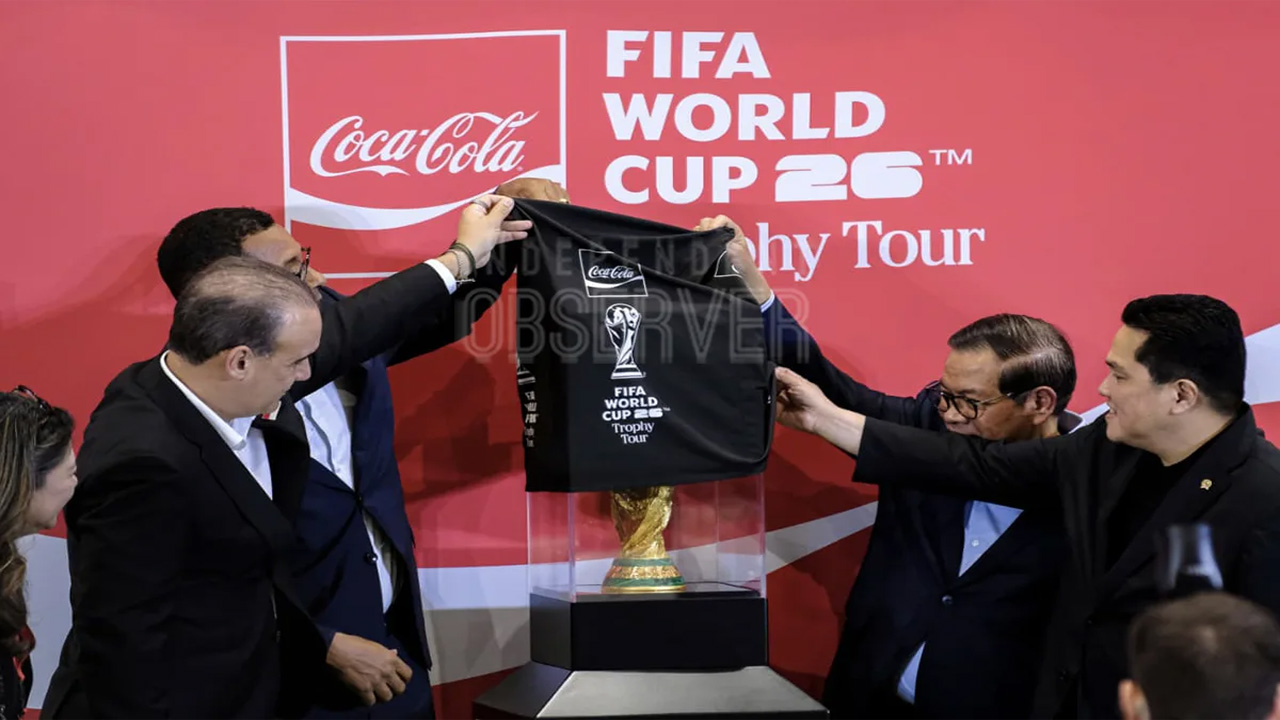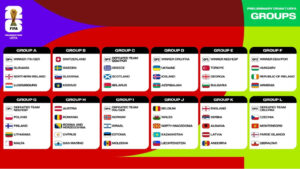VAR and Penalty Rules Set for Major Overhaul Ahead of FIFA World Cup 2026
Bornheimer – The global football community is abuzz with the latest announcement from FIFA regarding significant changes to VAR (Video Assistant Referee) and penalty regulations. As preparations for the 2026 World Cup intensify, these proposed rule updates are expected to reshape how critical decisions are made on the pitch.
FIFA’s Motivation Behind the New Regulations
To begin with, FIFA has expressed a clear intention to increase fairness and consistency in match officiating. The 2022 World Cup revealed several inconsistencies in VAR decisions, prompting debates among players, managers, and analysts. Consequently, FIFA formed a special task force to review existing protocols and recommend necessary changes before 2026.
“Read more: Formula 1 2025 Standings After the Belgian Sprint Race at Spa-Francorchamps“
What’s Changing in VAR Implementation?
Moreover, one of the most notable changes involves the scope of VAR intervention. Previously, VAR could only be used for clear and obvious errors in goals, penalties, red cards, and mistaken identity. However, under the new rules, the system will also consider second-phase plays leading to controversial actions. This means more accurate evaluations and reduced ambiguity in crucial moments.
Semi-Automated Offside and AI Integration
In addition, FIFA plans to expand the use of semi-automated offside technology, which was introduced successfully during Qatar 2022. This technology, enhanced with artificial intelligence, will provide faster, more objective offside decisions. As a result, fans and players can expect shorter delays and fewer debates about marginal calls.
New Guidelines on Penalty Award Criteria
Equally important is the reform of penalty guidelines. Under the new structure, referees will be given stricter instructions on what constitutes a handball, simulation, or genuine contact leading to a penalty. Furthermore, any contact must significantly impede the player’s movement to be considered a foul. This aims to discourage diving and ensure only legitimate fouls are rewarded.
Introduction of Time-Limited VAR Reviews
Additionally, a time limit of 30 seconds is being proposed for VAR reviews. This change is designed to maintain the pace of the game and prevent unnecessary stoppages. If a decision cannot be made within the time frame, the on-field call will stand. It’s a bold move aimed at preserving the rhythm and excitement of live football.
Feedback from Coaches and Players
Interestingly, the initial reaction from teams and officials has been mixed. While some managers welcome the clarity these new rules might bring, others are concerned about the potential for inconsistent enforcement during the early stages. Nevertheless, FIFA has confirmed extensive testing and training will be carried out in major leagues before full implementation.
What It Means for the 2026 World Cup
Ultimately, these adjustments are expected to create a more transparent and balanced competitive environment. As the 2026 FIFA World Cup approaches, hosted jointly by the United States, Canada, and Mexico, fans can anticipate a technologically enhanced tournament that prioritizes both fairness and flow of the game.












